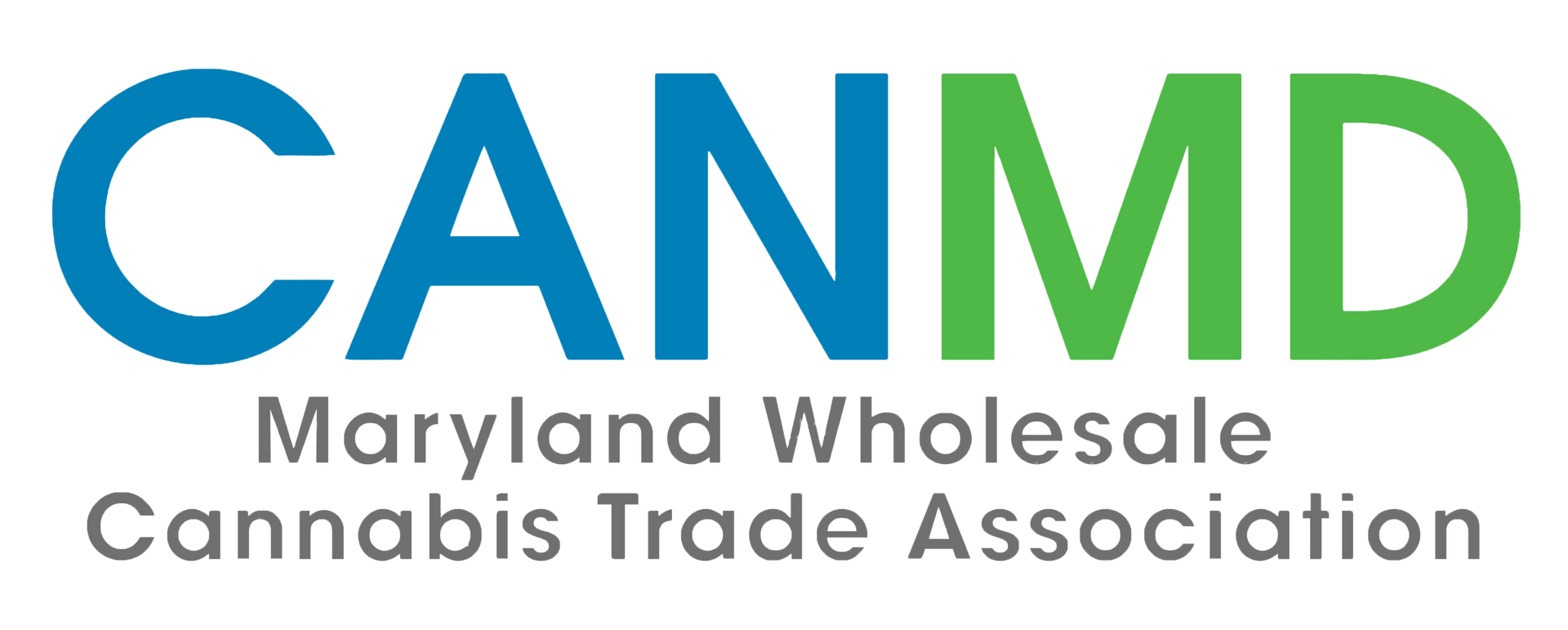What does New Jersey's Hemp Bill S3235 include?
The governor of New Jersey signed hemp bill S3235 on September 12, 2024.
Overview
The measure seeks to regulate intoxicating hemp products by prohibiting synthetic THC and requiring that only naturally occurring biologically active chemical constituents be used. While it permits CBD and other natural cannabinoids, it establishes strict THC concentration limits, setting a per-serving cap at 0.5 mg of total THC and 2.5 mg per package, aiming to control potency. While hemp products are currently not permitted to be sold in licensed dispensaries, this law reverses that policy and mandates that the Cannabis Regulatory Commission (“CRC”) promulgate regulations within one year for the sale of “intoxicating hemp products,” which would
then only be available through Class 5 Cannabis Retailers (an existing retail license categories for regulated cannabis stores).
Timeline
The governor’s signature initiated a timeline. Immediately upon signing, all hemp products in the state with any detectable level of THC became subject to age verification and deemed unavailable to anyone under the age of 21. 30 days after that date, any product that exceeds the total THC caps of 0.5 mg per serving and 2.5 mg per package must be removed from shelves throughout the state.
Within six months from bill signing, the CRC must promulgate regulations for the sale and distribution of intoxicating hemp beverages in liquor stores and through licensed alcohol distributors. In conjunction with the Division of Alcoholic Beverage Control, certain alcohol
wholesaler/distributors and certain liquor stores that met regulatory requirements will receive an endorsement to sell and distribute “intoxicating hemp beverages.” Within a year of the bill signing, the CRC must promulgate regulations for the sale and distribution of intoxicating hemp products in Class 5 Cannabis Retailers only.
Products Available
After the initial 30 days, hemp products could be available for sale in three instances. First, any retailer in the state can sell hemp-infused products (including beverages), if the THC content is below the defined intoxicating threshold of 0.5 mg of total THC per serving or 2.5 mg per package. These products would be classified as regular hemp products rather than "intoxicating hemp products," allowing them to be sold in typical retail environments. Non-beverage products exceeding 0.5 mg per serving or 2.5 mg per package are considered "intoxicating hemp products" and can only be sold through licensed Class 5 Cannabis Retailers (expected to mean dispensaries) and only after the CRC promulgates regulations within one year. The CRC is granted authority to set the maximum allowable THC amounts per serving and package. Even before the regulations are developed for the sale of intoxicating hemp products in Class 5 Retailers, the CRC must promulgate regulations for intoxicating hemp beverages to be sold and distributed through licensed alcohol channels.
Beverage
Currently, the regulated cannabis program in New Jersey caps THC in beverages at 5 mg per package. This is distinct from other edible products that have a 100 mg per package limit (and a 10 mg per serving limit). In this new regulatory environment, products can include “intoxicating hemp beverages to be sold in qualifying liquor stores.” It will be up to the CRC to differentiate and determine key issues such as maximum serving sizes, what amounts to a “package” with regard to beverages, and what might happen with set-back provisions or other local laws limiting sales within municipalities or otherwise that conflict with local ordinance.
Enforcement
Explicit enforcement authority is given to local law enforcement as well as local health code officials. These municipal officials may seize products and impose fines that increase according to the number of offenses. Notably, the statute provides minimum fines that must be charged but does not cap the fines. Municipalities may retain half of all fines collected in their municipal coffers.
Potential Regulatory Disparity
The bill integrates intoxicating hemp products into the existing cannabis regulatory system, but there are no specific standards in terms of licensing, testing, and enforcement, required within the law. One concern would be areas in which hemp intoxicant products would not be held to the same health and safety standards, again dependent on how the CRC establishes rules.
Legal Challenge
A lawsuit challenging the legality of S3235 was filed by a group of plaintiffs including Loki Brands LLC, arguing that New Jersey's restrictions are preempted by the 2018 Farm Bill and violate the Supremacy and Dormant Commerce Clauses, and that the law's redefinition of hemp could unfairly harm businesses. On September 27, the District of New Jersey converted the Plaintiff’s Motion seeking a preliminary injunction to stay most of the law into a Motion of Summary Judgement. Opposition and Plaintiffs’ replies are due within a week, so it seems that the Court is going to decide the ultimate issue relatively quickly.
Assessment
In many respects, S3235 aligns with ATACH's goals of regulating intoxicating hemp products, establishing age restrictions, and prohibiting synthetic THC. However, much is left to the rulemaking process, and how these products will be allowed, and restricted, is yet to fully take shape.
Thank you to the American Trade Association for Cannabis and Hemp for this information.
Share This Story, Choose Your Platform!




